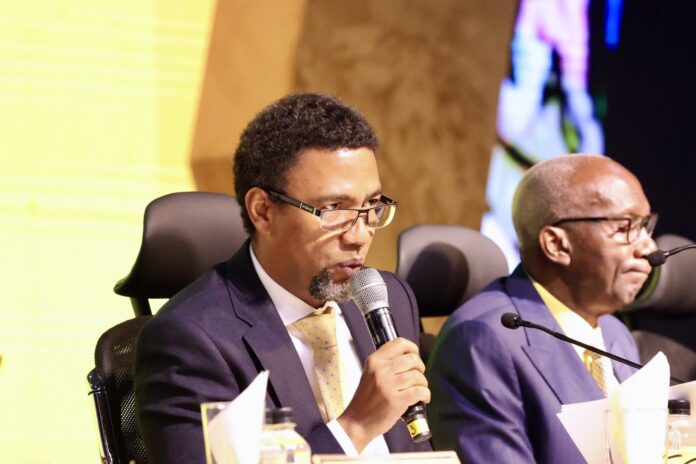Nigeria’s telecommunications sector is rebounding, with mobile subscriptions climbing to 157.3 million in October 2024, up from 154.6 million in September.
This marks a significant recovery after months of decline triggered by regulatory measures and database audits.
The Rise of MTN and Airtel
Leading this resurgence are telecom giants MTN and Airtel, who collectively added nearly 3 million new subscribers in October.
MTN, Nigeria’s largest telecom operator, recorded a staggering 2.2 million new subscriptions, increasing its customer base to 80.3 million.
This solidified MTN’s dominance, giving it 51.09% of the mobile market share.
“MTN’s commitment to quality service and innovation continues to resonate with Nigerians,” a company spokesperson said.
Airtel, the second-largest operator, gained 697,430 new subscribers, raising its total to 54.4 million.
This growth secured Airtel a 31.61% share of the market.
“Airtel is proud to connect millions of Nigerians with reliable services,” the company noted in a statement.
Struggles for Globacom and 9mobile
While MTN and Airtel celebrated gains, other operators faced setbacks.
Globacom, which had already suffered a loss of over 19 million subscribers due to regulatory audits, recorded a further decline of 44,635 subscriptions in October.
The company’s active database now stands at 19.1 million, translating to 12.15% of the market share.
9mobile, once a promising contender, lost 245,263 subscriptions in October, reducing its total to just 3.3 million.
This leaves the operator with a mere 2.15% share of the market, highlighting its ongoing struggles.
The Role of the NIN-SIM Linkage Exercise
The growth in active mobile subscriptions comes months after the Nigerian Communications Commission (NCC) implemented the National Identification Number (NIN)-SIM linkage policy.
The exercise, which mandated users to link their NIN to their SIM cards, caused the deactivation of millions of unlinked lines.
Between March and September 2024, Nigeria’s subscription base plummeted by 64.3 million, falling from 219 million to 154 million.
An extensive audit of telecom databases also contributed to this decline.
The NCC revealed that one operator had misclassified about 40 million inactive lines as active.
“These lines had generated no revenue for over 90 days, violating guidelines for active user classification,” an NCC official explained.
Rebuilding Teledensity
The recovery in subscriptions has positively impacted Nigeria’s teledensity, which measures active phone connections per 100 inhabitants.
In October, teledensity rose to 72.7%, up from 71.46% in September, based on a population estimate of 216 million.
This growth underscores the resilience of Nigeria’s telecom sector amidst regulatory reforms.
A Sector Poised for Growth
Despite the challenges, Nigeria’s telecom sector remains one of the most dynamic in Africa.
With a growing population and increasing demand for digital services, the industry is poised for further expansion.
Analysts predict that operators who prioritise innovation and customer satisfaction will lead the next phase of growth.
The NCC’s efforts to sanitise the subscription database also set the stage for a more transparent and competitive market.

